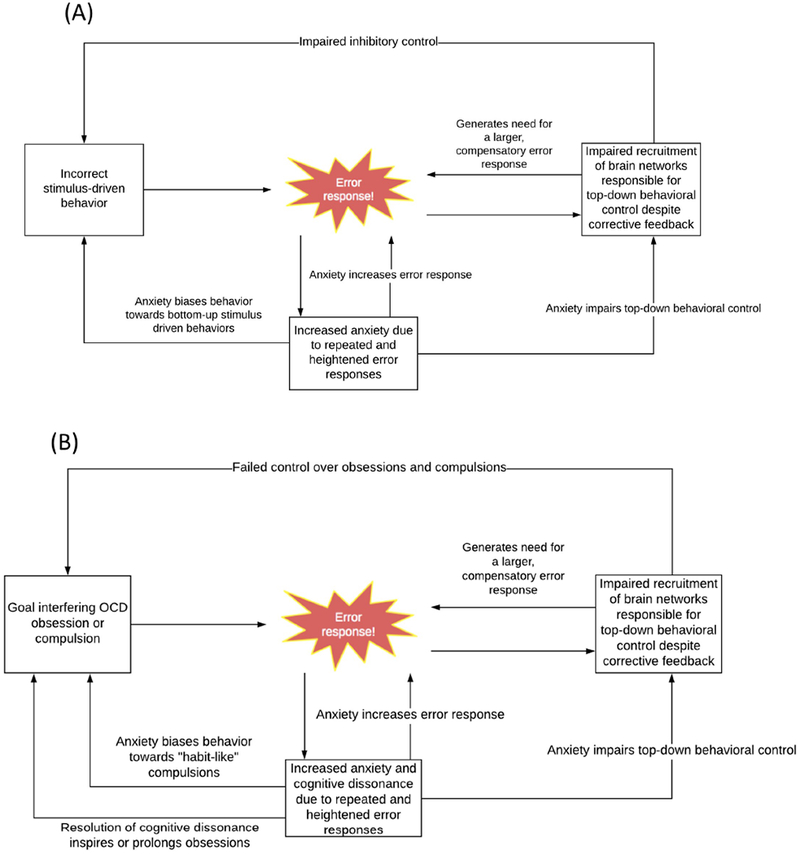Figure 3: Error-processing and inhibitory control in OCD.

(a) During errors on inhibitory control tasks, error responses in the cingulo-opercular network signal a need for behavioral correction. In patients with OCD, this error signal does not efficiently increase activation within underactive brain networks responsible for inhibitory control. Due to continued under recruitment of these brain networks, error-processing signals are increased as a compensatory attempt at correction. Heightened and repeated error signaling increases anxiety in the disorder, which further interferes with top-down behavioral control, biases behavior towards bottom-up stimulus driven responses (errors), and feeds back to further increase error signaling. (b) During obsessions and compulsions, error responses are generated to signal the need to stop goal-incongruent or goal-irrelevant behaviors. This error signal does not appropriately recruit activation in brain networks responsible for behavioral control in OCD. This means that patients with OCD continue to experience obsessive and compulsive symptoms, with these generating repeated error signals, and these signals are increased in the disorder as a compensatory attempt at generating behavioral control. Heightened, repeated and aversive error signaling increases anxiety, which further interferes with top-down behavioral control in the disorder and biases behavior towards bottom-up stimulus driven responses (compulsions). Anxiety caused by continued performance and poor perceived control over of interfering OCD compulsions also further increases cingulo-opercular activation, and creates a feeling of cognitive dissonance that is resolved through rationalization of compulsive behaviors (e.g., through reinforcement of obsessions).
